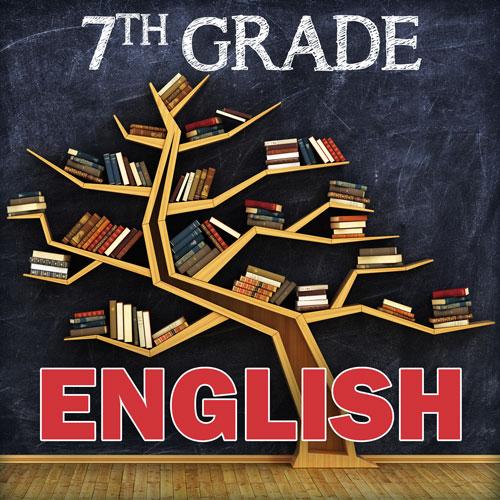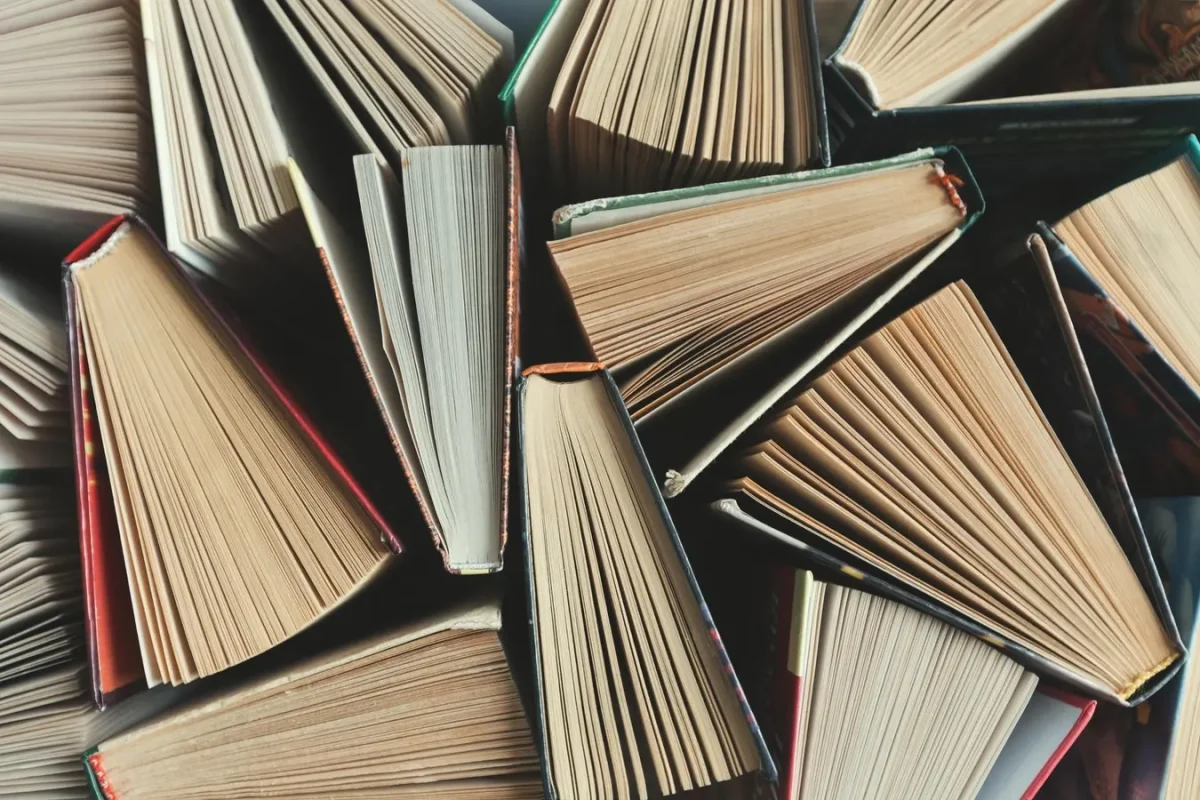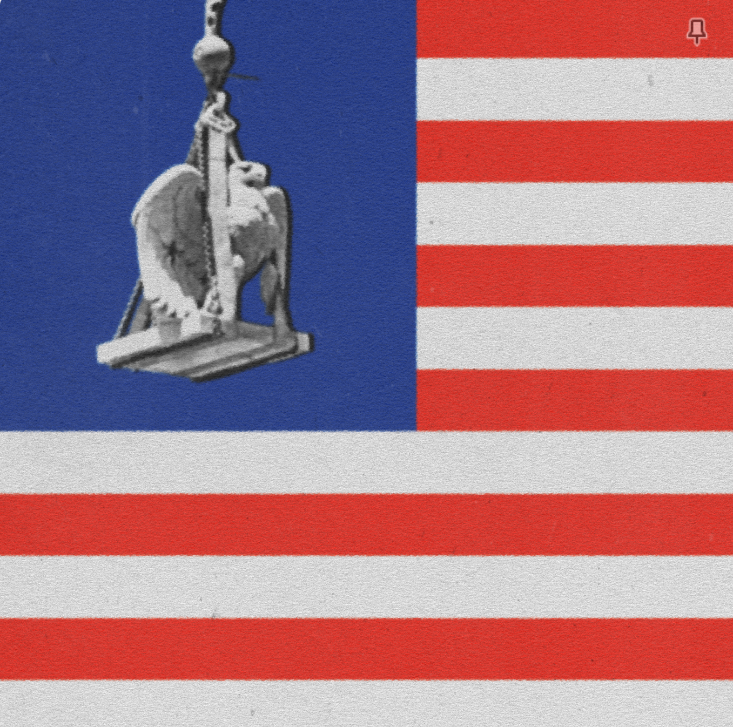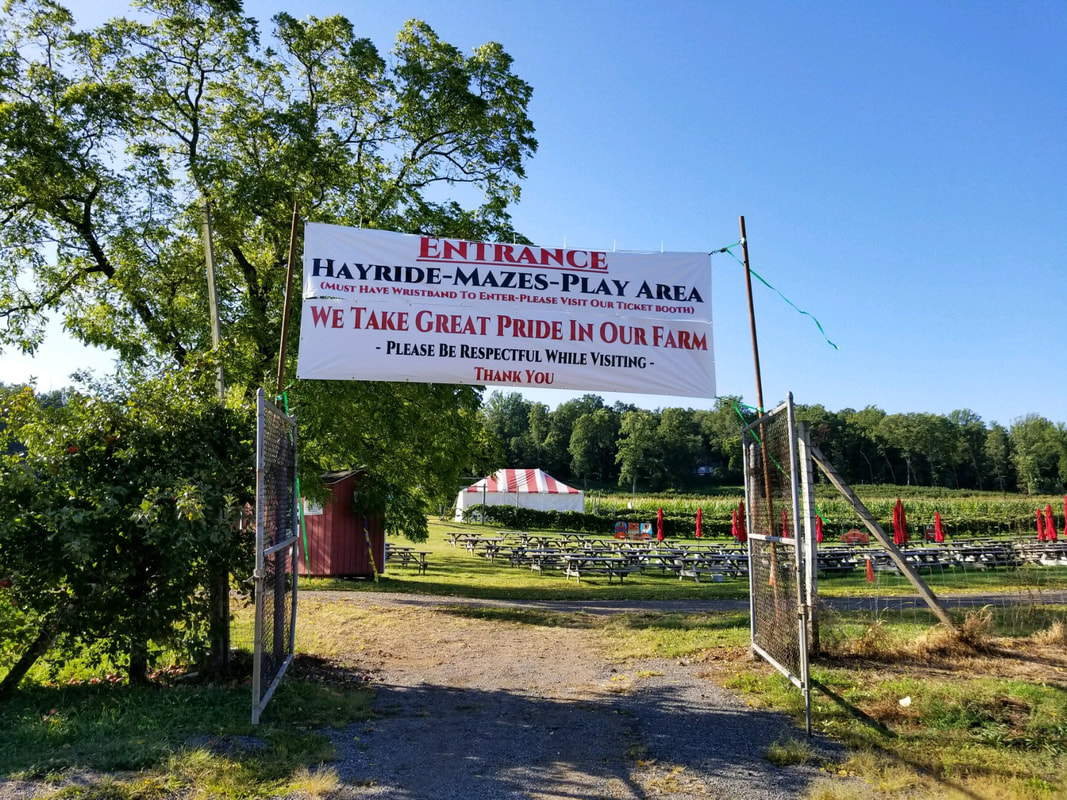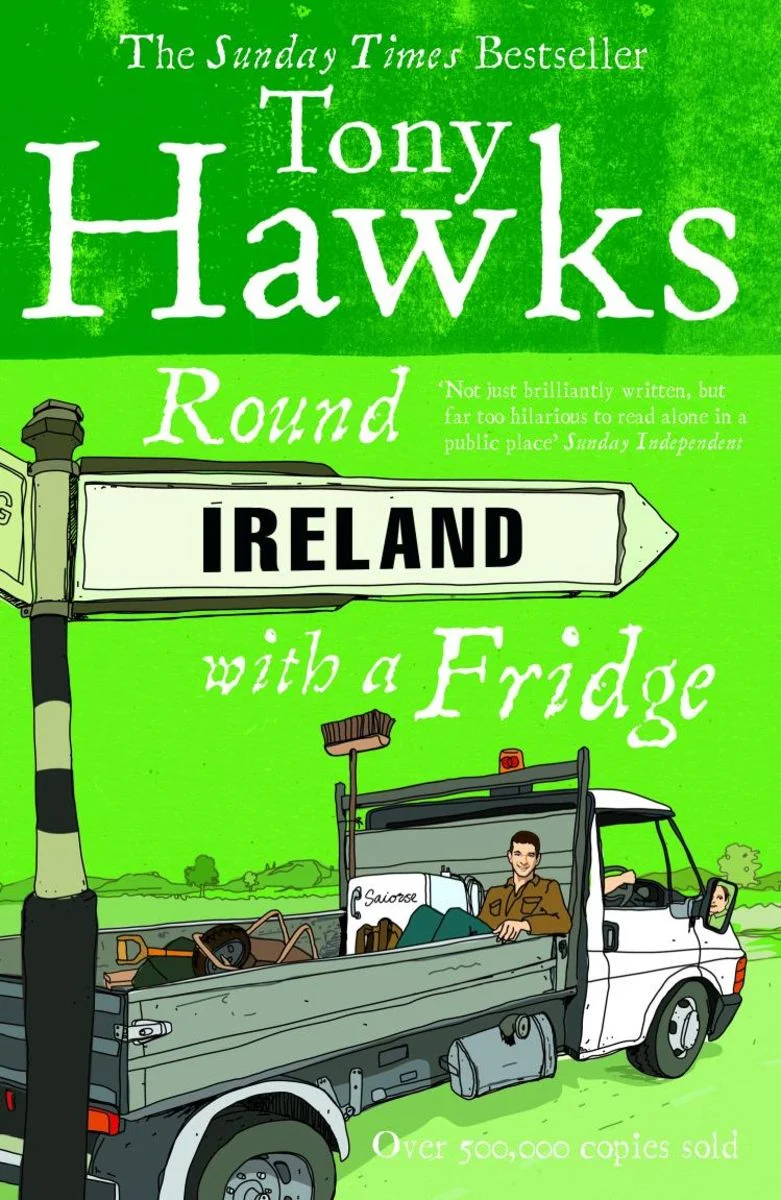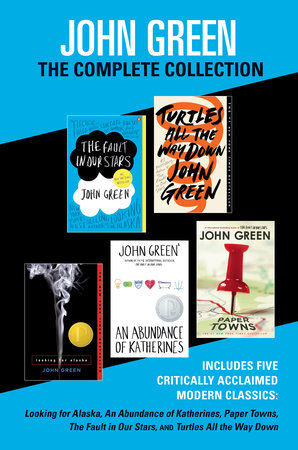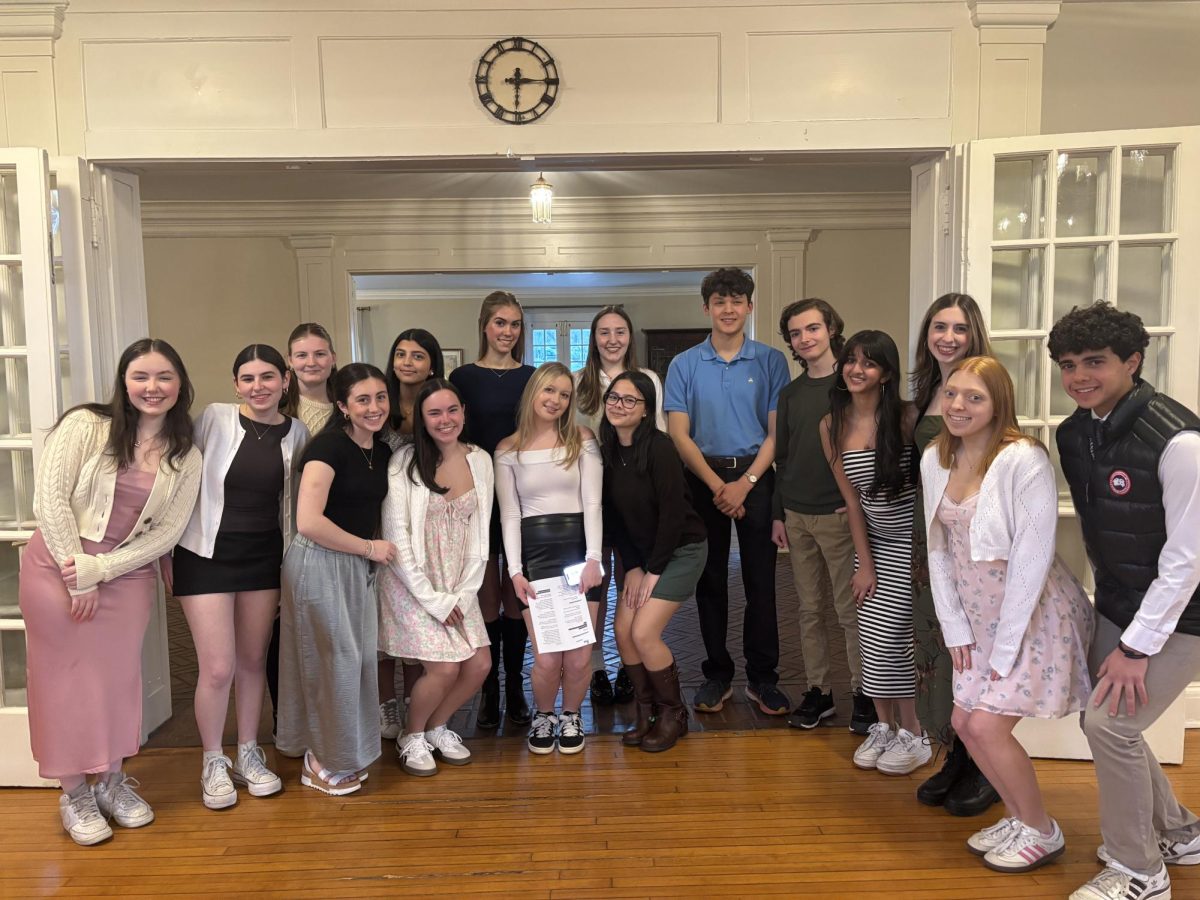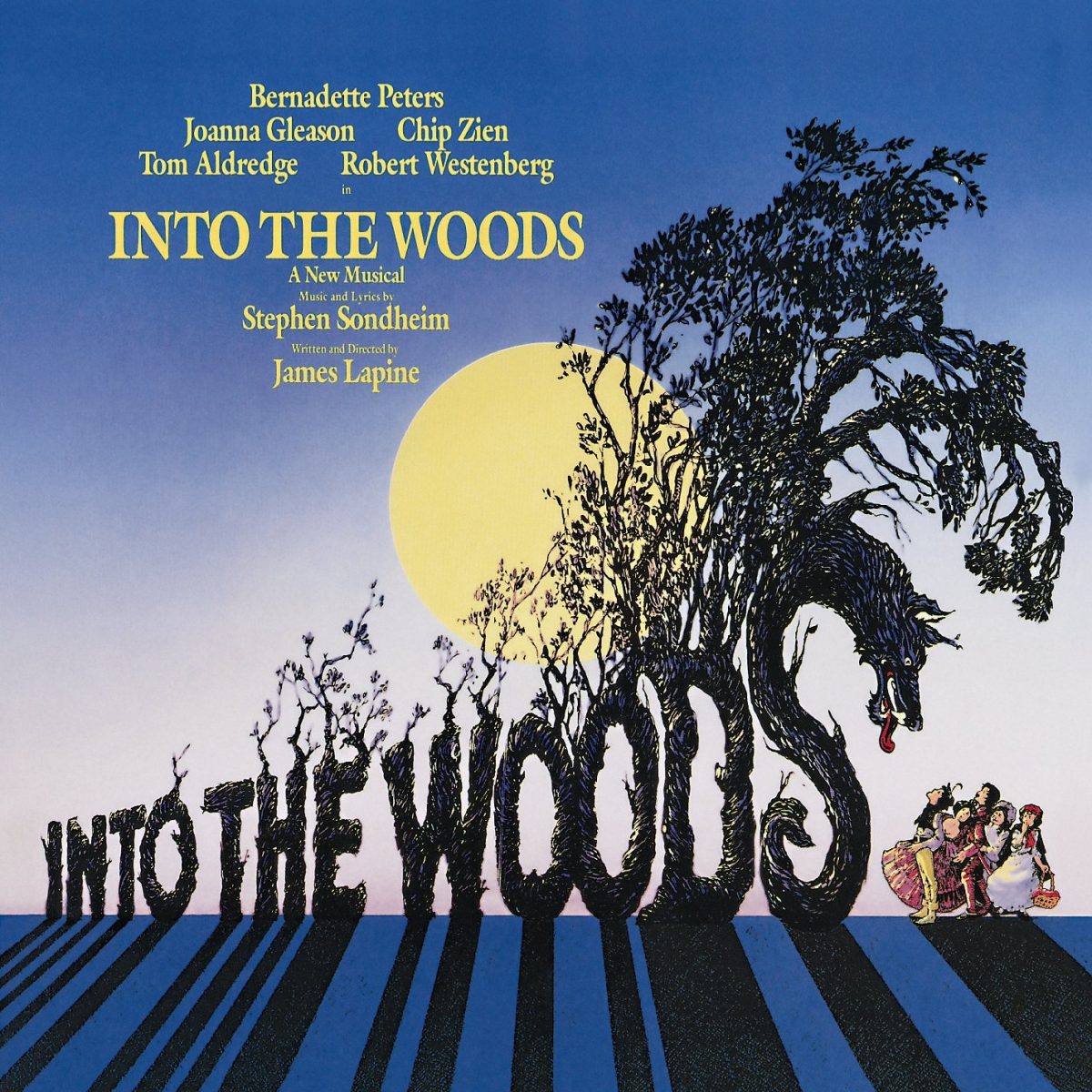Nothing is more central to an English class than the books that the students read within the class. These books form the curriculum of the class, are often the subject of assignments the teachers create, and, with very few exceptions, are what teachers will almost always test the students on. However, with all of these books being integral to an interesting and fulfilling English class, it is worth posing the question: how good are they? Specifically, how good are the books read in the seventh-grade English curriculum?
There are four books the students will read in seventh-grade English class. The first, assigned as summer reading, is The Outsiders by S.E. Hinton, a story of two gang members having to go on the run after a conflict with members of a rival gang. The second was A Christmas Carol: Scrooge and Marley, a play adaptation of A Christmas Carol by Charles Dickens, following an old miserly man learning values after being taken on a journey by a group of ghosts. The third was The Boy Who Harnessed the Wind, the memoir of William Kamkwamba, detailing how he built a windmill to escape the struggles of his impoverished country. Finally, students read Lyddie, by Katherine Paterson, a historical fiction novel about a young girl beginning to work at the mills as she pays off her mother’s debt.
Out of all of the novels read in seventh grade, while not bad, The Boy Who Harnessed the Wind is easily the weakest. This is due to two main factors. The first is that all other books read in seventh grade are at least good, and Kamkwamba’s memoir is simply just above average. By no means is it bad, but it simply cannot compete with the generally great competition. The second reason why this book comes in last place is because it is simply not as engaging as it could be in the latter half. This is because, while the process of seeing William build the windmill is incredibly interesting, once he does it, the book begins focusing on how he became famous, something that is much less captivating to see.
The Boy Who Harnessed the Wind includes many great things, but also many bad things, balancing the novel’s quality to be in the middle. The book’s portrayal of life in a developing country makes for some of its best aspects, but it neglects to focus on that during the second half. Learning about William’s childhood gives an incredible sense of wonder and whimsy, but the pacing of the book causes this to clash with the tone of the more dire portions of the memoir. Most of the criticisms that one could throw against the book are invalid since it is a true story. If the novel were fiction, I would say that William’s relationship with his dog, Khamba, and subsequent grief over the dog’s death would have been very forced. However, because it is a true account, it can be easy to suspend disbelief, as this is what happened in real life. Overall though, the novel remains average.
During their unit on drama, students read a play adaptation of A Christmas Carol by Charles Dickens. There ultimately isn’t a lot to criticize about the play, as it perfectly trimmed the book, leaving only things that are necessary to Scrooge’s character arc or the overall play. The play is also not devoid of substance, containing many tragic depictions of the plights of the poor, the isolation that wealth can bring, and the sadness of Scrooge’s life. The best act is the first, exploring how Scrooge started poor, and despite being happy, ended up throwing his happiness away in the vain pursuit of wealth. However, the next two acts are still great, with Tiny Tim being the true star of the show. Incredibly charming and good-hearted, one cannot help but feel bad for the tiny, crippled child suffering from Tuberculosis. He is ultimately what motivates Scrooge to quit his miserly ways, the desire to use his wealth to get Tim his medicine allowing him to change his mind. Despite all of these great aspects, the play is still only the third-best selection read by seventh graders, exemplifying just how great the final two are.
Lyddie was the final novel read by seventh graders, and also the second-best. It continued the theme of the seventh-grade books exposing wealth-based systems that was started with A Christmas Carol, but it ultimately was able to go much further than the other two books on this theme. The book showcases the life of Lyddie, who possibly has the worst luck out of any character in the seventh-grade selections. Her supposedly mentally insane mother sends her and her younger brother, Charlie, to work to pay off her debts. Lyddie ends up leaving Cutler’s tavern, where she is assigned to work, to gain employment at Lowell, working in the mills. On the surface, the book simply just seems to be exposing the cruel systems that allowed her to work in the terrible conditions of the mills, but the core of the story is truly phenomenal, going far beyond the anti-mills storyline.
Throughout the book, people are always leaving Lyddie. Her father left when she was young, her roommates in the boarding house begin leaving throughout the novel, the people she befriended at the mills end up leaving her, and by the end, she becomes disconnected from her brother and sister. When Lyddie’s roommates began leaving, it evoked a feeling of sadness that I simply was not expecting. It is tragic knowing that, while they were living with her uncle, Lyddie’s mother and sister passed away. In the end, this book paints an incredibly compelling picture of someone who first loses her family, and then her purpose in life. With all of that being said, there are some issues with the novel. Notably, Luke Stevens should not have become a central character. His final scene should have been when he and Lyddie departed before she went to work at Cutler’s tavern. Instead, he was unnecessarily strung into a forced romantic plotline, which ultimately diminished the best aspects of the novel. This flaw allowed the incredibly close contest between the best two seventh-grade novels to end with The Outsiders winning.
The Outsiders was the best seventh-grade novel, and it was coincidentally also the first. The only bad things to say about the novel are its handful of problematic elements, not uncommon for a novel of the time, the implied romance between the main character, Ponyboy, and Cherry Valance, who seems to be much older than he is, and a slower-paced section in the middle. Other than that, it is simply incredible. One of its most underrated aspects is Randy, a Soc who attempts to make peace with his rival gang, the Greasers after the violence between the two factions leads to the death of his best friend. He was an excellent addition, perfectly solidifying the book’s anti-violence message. However, the best aspects include the deaths of Johnny and Dally. Both were heartwrenching, but in completely different ways, giving the book a surprisingly emotional core that allowed it to be cemented as the best seventh-grade book. However, there is still more to praise with Hinton’s novel, such as the dark atmosphere, the bonds between the greasers, and the message of peace-promoting people in the future to do better, without a way to fix the past. All of these things combined make The Outsiders the greatest seventh-grade book.
